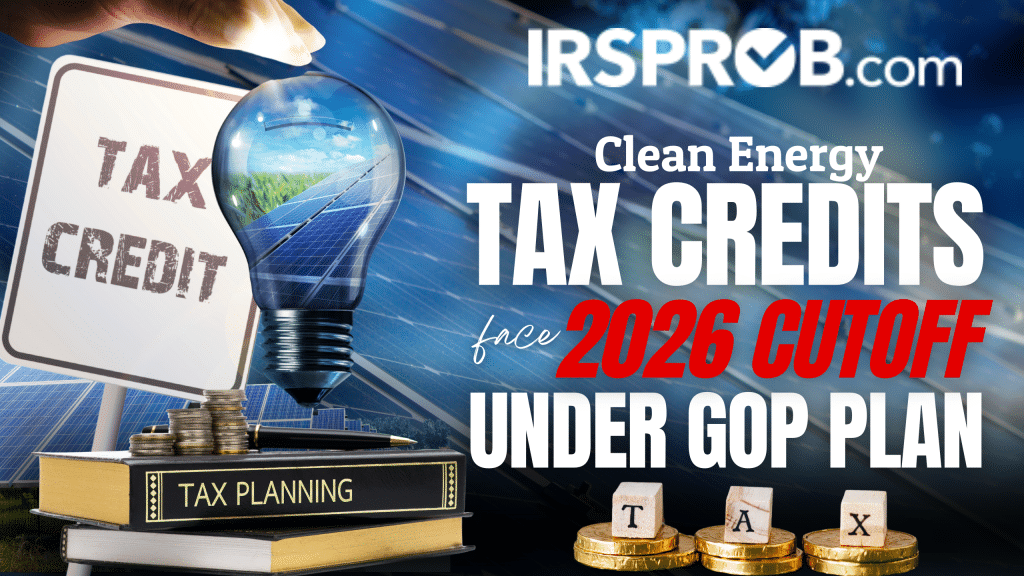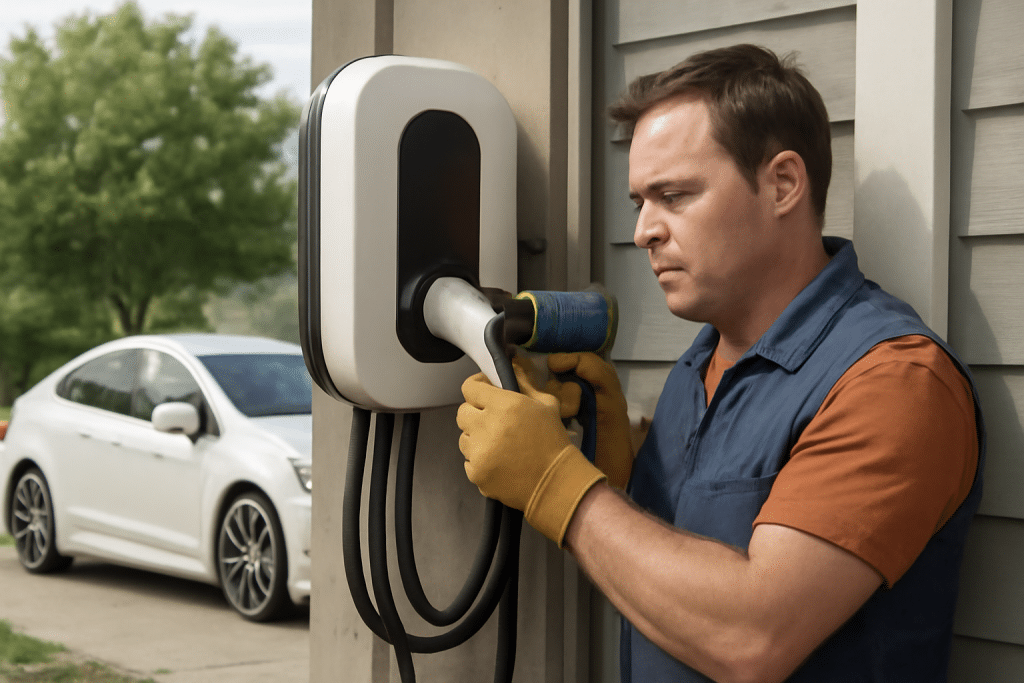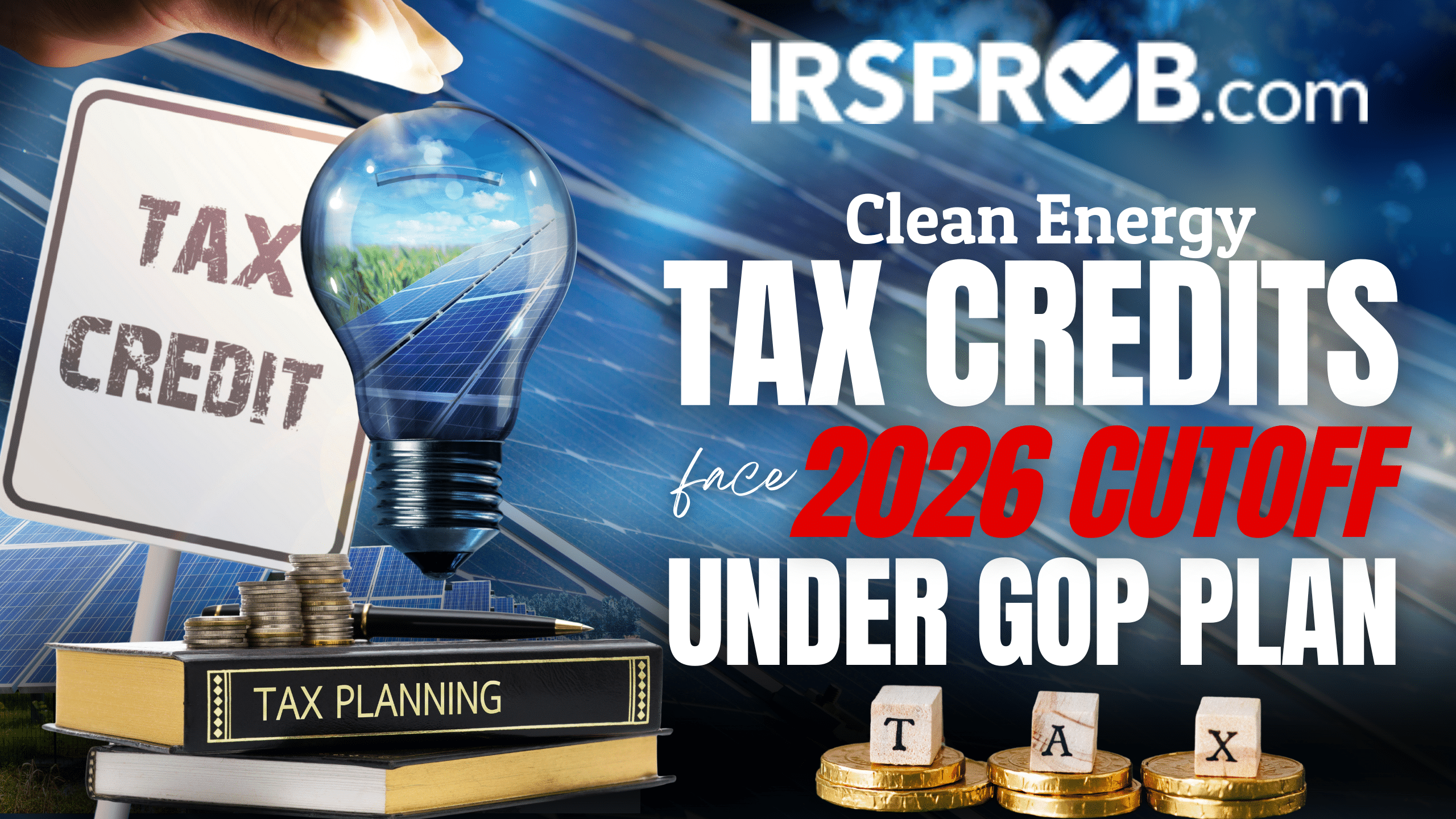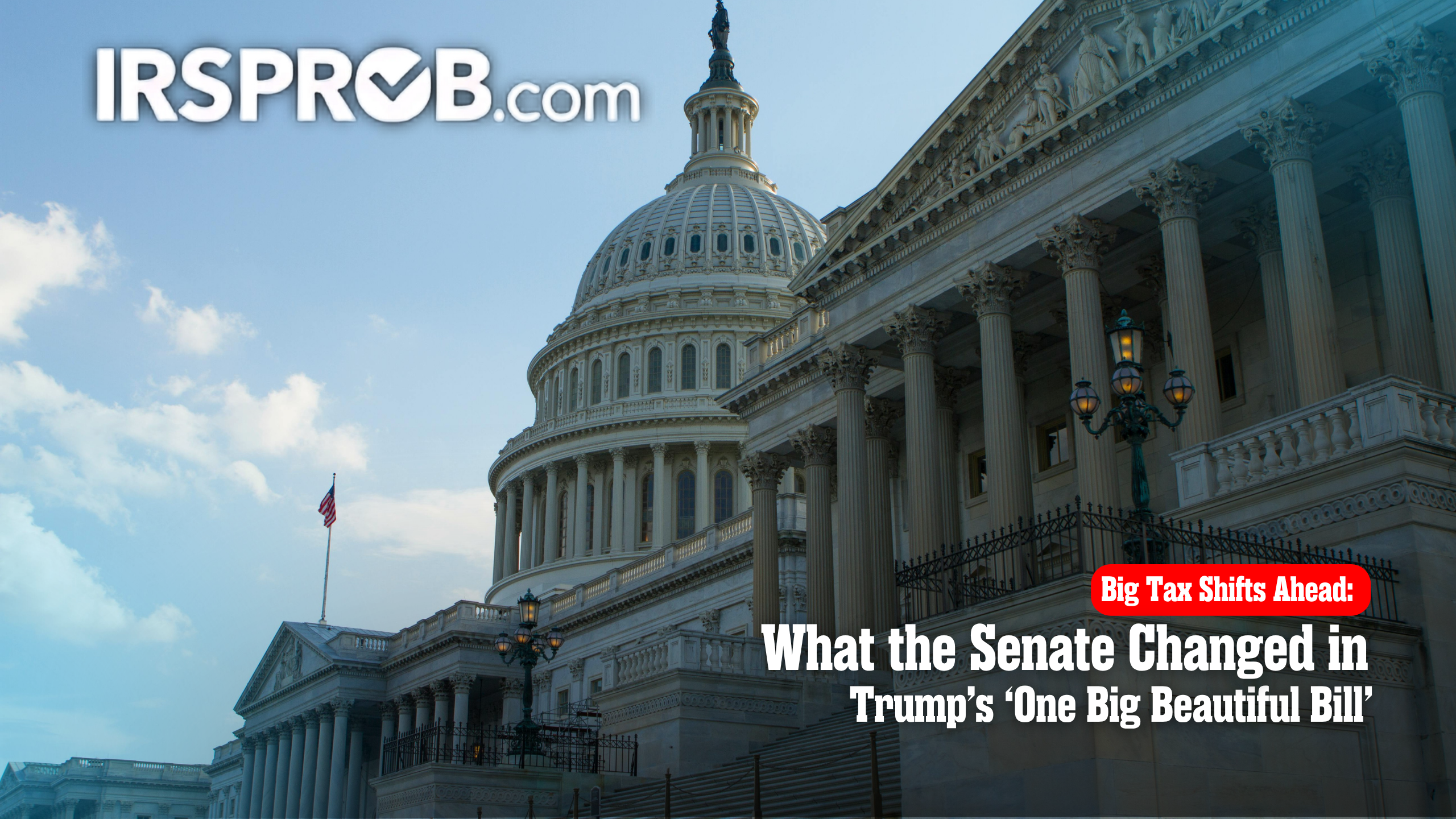Clean Energy Tax Credits Face 2026 Cutoff Under GOP Plan

A major policy shift is underway that could impact millions of American homeowners and energy-conscious consumers. The House GOP has unveiled a sweeping tax reform bill titled the “One Big Beautiful Bill Act,” aiming to dismantle several cornerstone clean energy tax credits established under the Inflation Reduction Act (IRA).
These proposed rollbacks would affect credits for residential solar installations, energy-efficient home upgrades, EV chargers, and more — all of which were designed to promote environmentally conscious spending and reduce utility costs for households. If passed, most of these tax breaks would expire by December 31, 2025, years ahead of their original end dates.
What This Means for You:
- Clean energy incentives could vanish in 2026.
- Homeowners and contractors may face a surge in demand before the deadline.
- Long-term savings on energy bills — and on your taxes — may be lost if you delay.
Next Steps:
Over the following articles in this series, IRSProb.com will break down each affected program in detail — what’s at risk, what still stands, and what actions you should consider now.

The Energy Efficient Home Improvement Credit is among the most popular energy-related tax incentives today. Under the IRA, it allows homeowners to claim up to 30% of the cost of certain energy-saving upgrades — with an annual max of $3,200.
Key Eligible Improvements:
- $600 for windows, water heaters, central A/C, and electrical panels
- $2,000 for heat pumps and biomass systems
- $150 for home energy audits
- $500 total for exterior doors
2025 Warning:
From 2025 onward, you must include a product identification number on your tax return to claim the credit. Without it, the deduction may be denied.
IRSProb.com Advice:
Plan and execute your home upgrades now — spacing them across tax years can help you maximize returns before the credit is potentially repealed.
The Residential Clean Energy Credit, once extended through 2034, may now be cut short under the new GOP bill. The IRA had increased the credit to 30% of system costs for solar panels, geothermal systems, and qualifying battery storage installations.
If unchanged, here’s the schedule:
- 30% credit through 2032
- Drops to 26% in 2033
- Drops to 22% in 2034
- Expires in 2035
But under the GOP plan:
This credit would terminate after December 2025, cutting years off its lifespan.
IRSProb.com Insight:
If you’ve considered installing solar or battery systems, move quickly. Full 30% coverage may not be around by the time you’re ready.
The Alternative Fuel Refueling Property Credit supports homeowners installing EV charging stations by covering 30% of the cost, up to $1,000. Qualifying units include bidirectional chargers, which allow you to both charge your EV and send power back to the grid.
Credit Details:
- Applies to residential properties
- Covers equipment and installation
- Ends after Dec. 31, 2025, under the GOP proposal
IRSProb.com Tip:
Buy and install before 2026. This tax break may be permanently out of reach if legislative changes take effect.

One bright spot remains: the High-Efficiency Electric Home Rebate Program has not been targeted for cuts yet. Backed by $4.5 billion in funding, the program helps low- to middle-income households afford electric appliances and upgrades.
Top Rebates Available:
- $8,000 for a heat pump
- $1,750 for a heat pump water heater
- $840 for electric cooking appliances
- Up to $14,000 total per household
Who Qualifies?
Families earning up to 150% of area median income. Note: Some rebates cap at 50% of project cost depending on your income bracket.
IRSProb.com Note:
Although this program is safe for now, it relies on Energy Star certification — a program also under threat. That could affect eligibility requirements in the future.









